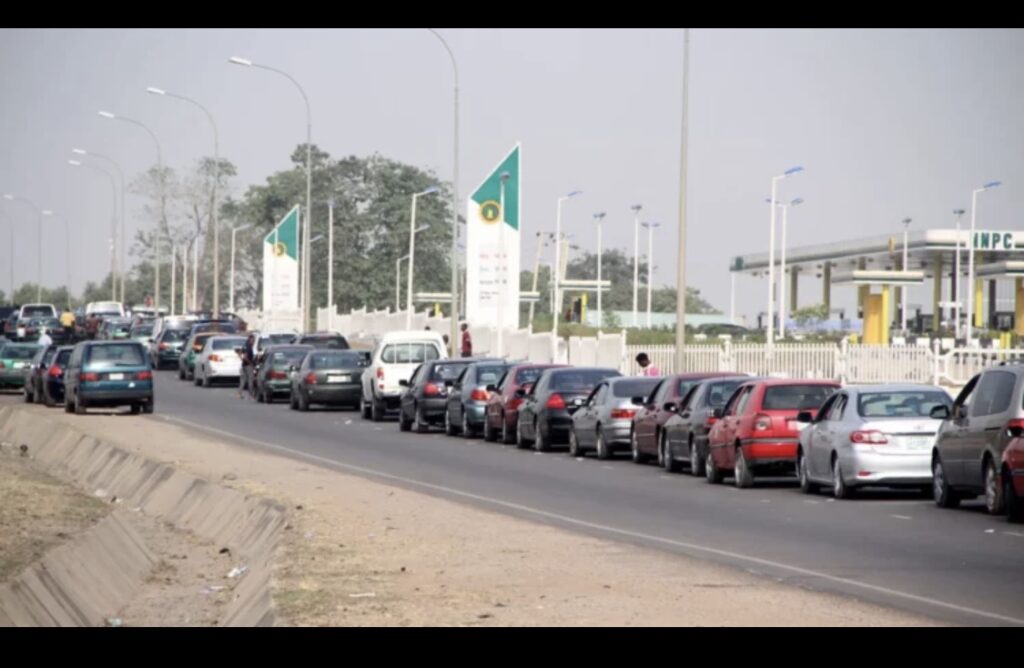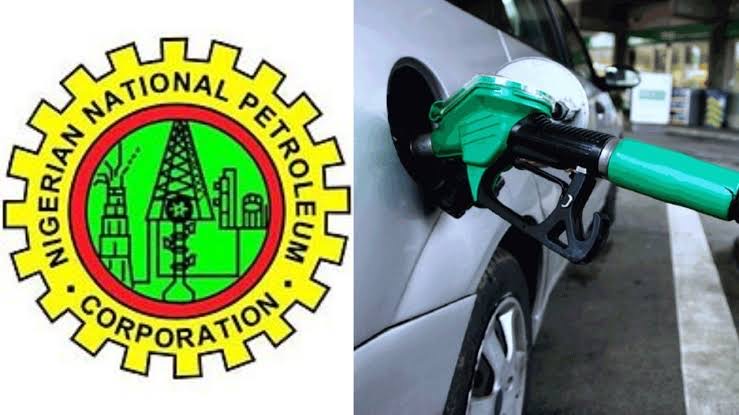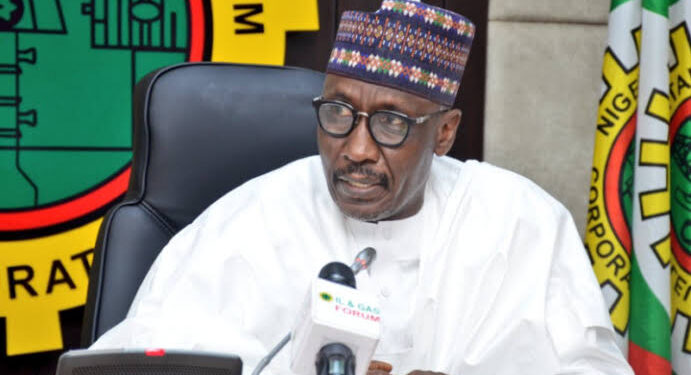A survey report revealed that Nigerians continue to suffer from petrol shortages as the cost of purchasing Premium Motor Spirit (PMS), also known as petrol, has risen to a whopping 978 naira per litre.
At the black market rate of 1,500 naira per dollar, the cost of acquiring petrol, including the international price of the product, transportation, insurance, and other expenses, rose from 720 naira to 978 naira per litre in October 2023, according to the findings.
“The rise in the cost of purchasing petrol is a product of the worsening exchange crisis. Most Nigerians cannot afford the market price for petrol, hence the government interventions in the market comes in the form of subsidy,” a downstream senior executive said. The naira hit a three-month low of 1,530 naira to the dollar on Monday in the parallel market, also known as the black market, as end-user demand for the dollar picked up again.
This represents a loss of 0.65 percent (10 naira) from the 1,520 naira it traded on the black market on Friday. The local currency was trading at 1,572.3 naira to the dollar as of July 9, 2024, according to FMDQ data.
Aisha Mohammed, an energy analyst at the Center for Development Studies in Lagos, said the commodity is partially subsidized by the government for political, social, and economic reasons.

“All of us who were saying the subsidy should be removed, we can see that they have partially removed it now, but look at the results. Economically it seems good, but socially and politically it is very costly,” Mohammed said.
Further investigations revealed that the landing cost of N978 does not include Nigerian Ports Authority fees, vessel fees, Nigerian Maritime Authority Safety Bureau fees, and other distribution costs.
Some of these costs are charged in dollars, but experts, however, call for a review in order to reduce petrol costs.
“We must resist dollarisation of the Nigerian economy. There are certain fees charged in dollars, which also increases the landing cost of petrol,” an official said.
Attempts to get confirmation from Olufemi Soneye, Chief Public Relations Officer of the Nigerian National Petroleum Corporation (NNPC), on whether the Federal Government has reverted to petrol subsidy were unsuccessful.
President Bola Tinubu, in his inaugural address on May 29, 2023, declared that the petrol subsidy would be eliminated, a declaration that was put into action by the NNPC the following day.
Prior to Tinubu’s statement, the price of petrol at the pump was less than N190 per litre. However, after the President’s declaration, it rose to more than N500 per litre, and again to more than N600 per litre a few weeks later.
Although the Federal Government has repeatedly denied paying petrol subsidy, a report submitted to President Tinubu by Finance Minister, Wale Edun revealed the government’s subsidy projections.
According to the report, fuel subsidy in 2024 is expected to be about N5.4 trillion, higher than the 2023 budget of N3.6 trillion for the intervention.
Finance Minister Wale Edun also told reporters that the removal of subsidy is an ongoing process, suggesting that complete removal has been achieved. “Discussions are ongoing and a process is underway to ensure that fuel subsidy disappears from the Nigerian economy. That is the president’s intention and that is what we are working towards,” Edun said in an interview in May.
On Tuesday, drivers queued for hours at some petrol stations offering petrol as black marketers jumped on the bandwagon by increasing prices from 1,000 to 1,100 naira per litre. Some outlets increased pump prices to 900 naira per litre, especially in Abuja, Nasarawa, and Niger.
NNPC Limited said the queues were due to recent thunderstorms and logistical challenges that disrupted operations at fuel loading points. However, the company said it was working with stakeholders to resolve the situation and clear the queues.

While reacting, the Chairman, Nigeria Association of Petroleum Products Retail Shop Owners, Mr Billy Gillis-Harry, acknowledged that the NNPC had assured marketers that the issue was being resolved.
However, he explained that the queues may not clear for the next few days, noting that queues at filling stations are likely to be longer in locations far from the larger filling stations.
“Once loading commences, it will take several days for the queues to clear. And remember that filling stations in Abuja source products from Lagos, Ogara, Warri, Port Harcourt or Calabar and this will take more than three days,” he explained.
When asked if the situation would be resolved as indicated by the NNPC, Mr Gillis-Harry replied: They assured us that they are working on it and that the products should be available in retail stores.
“We could see the challenges they are facing but in our conversations, we could see that NNPCL is working hard to overcome the situation and therefore we are confident that petroleum products should be available and widely available in the coming days.”
Gillis-Harry, however, said the marketers could not confirm NNPCL’s claim that the thunderstorm had disrupted the loading of products at the jetty.
“In our opinion, this is more of a supply disruption which is currently being addressed by NNPC,” the PETROAN President explained.
He stressed the need for the government and NNPC to work with operators in the downstream petroleum sector to achieve a lasting solution to fuel shortages and fuel queues in Nigeria.
“We recommended that NNPCL set up a clearly defined council made up of all grassroots experts within the company so that when we sit down and discuss, we can always assess what the problem is likely to be based on empirical evidence. We should be data-driven in our design and planning,” he said.
































